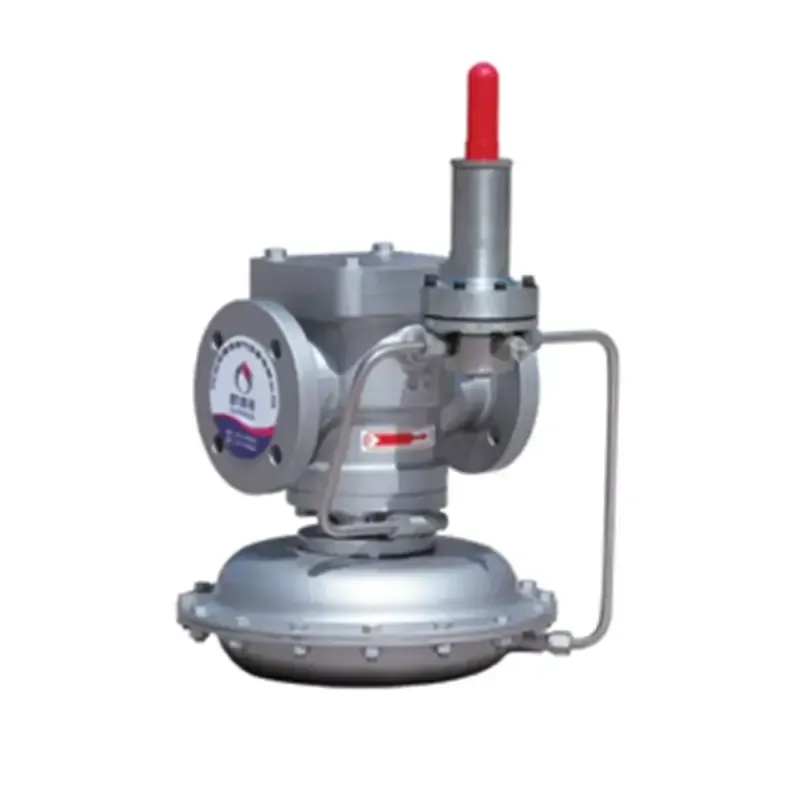
Dec . 04, 2024 16:27
Back to list
High Efficiency Precision Voltage Regulation for Optimal Power Management Solutions
Precision Voltage Regulators Ensuring Reliable Power Supply
In the world of electronics, the need for stable and precise voltage supply is paramount. Whether it’s for powering sensitive components in telecommunications, precision measurement devices, or medical equipment, a reliable voltage supply can determine the success of a project. This is where precision voltage regulators come into play.
Understanding Precision Voltage Regulators
A voltage regulator is an electronic device designed to maintain a constant voltage level. Precision voltage regulators are specialized types that offer higher accuracy and stability compared to standard regulators. They are engineered to minimize output voltage fluctuations caused by variations in input voltage and changes in load current. This ensures that electronic devices receive a supply voltage that meets their operational requirements, thus preventing malfunctions or damage.
Key Features and Benefits
Precision voltage regulators are defined by several critical characteristics
1. Low Output Voltage Tolerance Unlike standard regulators, precision regulators can achieve a tighter output voltage tolerance, often within a few millivolts. This is crucial in applications such as analog circuitry, where even minor voltage variations can lead to significant errors.
2. Temperature Coefficients The performance of electronics can vary with temperature changes. Precision voltage regulators are designed with low temperature coefficients to ensure that the output voltage remains stable across a wide temperature range.
3. Load and Line Regulation Precision regulators exhibit excellent load regulation (the ability to maintain output voltage as the load changes) and line regulation (the ability to maintain output voltage despite variations in input voltage). These attributes make them suitable for applications that demand strict voltage control.
4. Low Dropout Voltage Many precision voltage regulators feature a low dropout voltage, which is the minimum difference between input and output voltages required for the regulator to function correctly. This is particularly advantageous in battery-powered devices where preserving battery life is essential.
5. Noise Suppression Precision regulators are often designed to minimize output noise, which is vital for sensitive applications that require interference-free operation.
Applications of Precision Voltage Regulators
Precision voltage regulators find applications across diverse fields of technology. Some notable examples include
precision voltage regulator

- Analog and Digital Electronics Many circuits require well-defined voltage levels for accurate operation. Precision regulators ensure that voltage levels remain stable, avoiding fluctuations that could lead to logic errors or data corruption.
- Medical Devices Equipment such as ultrasound machines and patient monitors are critically dependent on precise voltage supplies
. Any deviation could result in inaccurate readings or even unsafe operation.- Telecommunication Equipment In telecommunication systems, reliability is non-negotiable. Precision voltage regulators help to ensure that base stations and transceivers operate effectively, facilitating uninterrupted communications.
- Test and Measurement Instruments Instruments such as oscilloscopes and multimeters require stable voltage references to provide accurate readings. Precision voltage regulators help maintain high accuracy in these measurements.
Choosing the Right Precision Voltage Regulator
When selecting a precision voltage regulator, several factors must be considered
- Input-output Voltage Range Ensure that the regulator can operate effectively within your system’s voltage requirements.
- Load and Line Regulation Specs Review the specifications for load and line regulation to determine how well the regulator can maintain output stability under differing conditions.
- Thermal Characteristics Consider the thermal performance, especially if the regulator will operate in environments with varying temperatures.
- Package and Footprint The physical size of the voltage regulator matters for PCB design and layout. Ensure that the selected component fits within your design constraints.
- Cost and Availability Finally, assess the cost-effectiveness and availability of the regulator you intend to use, as this can significantly impact project budgets and timelines.
Conclusion
In conclusion, precision voltage regulators are integral components in modern electronic systems that demand high stability and accuracy. By understanding their features, benefits, and applications, engineers can design more reliable and effective electronic devices. The growing complexity of technology continues to drive the need for precision power management solutions, making precision voltage regulators an essential part of the design toolkit in electronics engineering.
Latest news
-
Safety Valve Spring-Loaded Design Overpressure ProtectionNewsJul.25,2025
-
Precision Voltage Regulator AC5 Accuracy Grade PerformanceNewsJul.25,2025
-
Natural Gas Pressure Regulating Skid Industrial Pipeline ApplicationsNewsJul.25,2025
-
Natural Gas Filter Stainless Steel Mesh Element DesignNewsJul.25,2025
-
Gas Pressure Regulator Valve Direct-Acting Spring-Loaded DesignNewsJul.25,2025
-
Decompression Equipment Multi-Stage Heat Exchange System DesignNewsJul.25,2025

